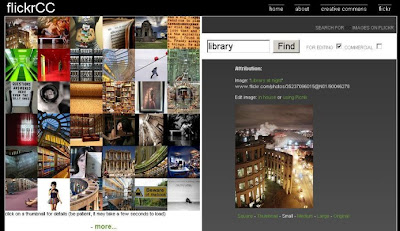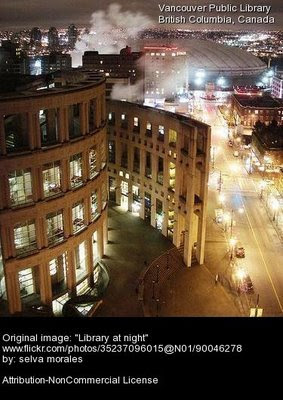Wikipedia was [edit]"initially conceived as a feeder project for Nupedia, an earlier (now defunct) project" founded by Jimmy Wales. Its name,suggested by editor-in-chief Larry Sanger, is a combination of the words wiki (which means "fast" or "swift")2 and encyclopedia. 1 (More information).As of this writing, it has over 12 million free articles online in various languages, with more constantly being added. It has created an online kerfuffle in recent years, with many academics and research librarians waxing adamant on its flaws. They may have a point. The ability for anyone (as of right now) to create and edit entries sometimes translates into mistakes,pranks, and propaganda from Fortune 500 companies and politicians.
So, how do college instructors and librarians really feel about Wikipedia?
Many instructors take the middle road, stressing that Wikipedia is, yes, easy-to-use and a good starting point, but that's all. Others take a harder tack: in 2007, for example, one college history department banned citing Wikipedia at all.3 Professors had found numerous errors in the papers of students who used Wikipedia. Many librarians feel that since Wikipedia is not an academic or scholarly resource, it should be avoided for research. Others see the use of Wikipedia as inevitable and incorporate it as a teaching tool in their classes. Wikipedia itself has a page called "Researching With Wikipedia", which lists its own good and bad points, research suggestions, different aspects of the site, and FAQs.
Your professors (and maybe even some librarians!) may have cautioned you about using scholarly resources instead of Wikipedia for your research. But that doesn't mean they don't use it themselves ...well--not for academic research, of course.
Sources:
(No particular citation style used)
1"History of Wikipedia." Wikipedia. Accessed on 30 January, 2009. http://en.wikipedia.org/wiki/History_of_Wikipedia
2"Wiki." Ulukau: The Electronic Hawaiian Dictionaries. http://ulukau.org/english.php
3"A History Department Bans Citing Wikipedia." Cohen, Noam. The New York Times. February 21, 2007. Accessed on 30 January, 2009.






.jpg)
